What is a keto diet? It’s a diet that is low in carbs, has moderate protein, and is high in fat. The diet has several benefits that include loss of weight, good health, and performance. This is the reason that several doctors recommend this diet. This diet is especially suitable for losing surplus body fat without starving and for bettering type 2 diabetes. This article is on eating a 14 day keto diet consisting of real foods.
A person on a 14 day keto diet eats much fewer carbohydrates. However, he or she maintains a protein intake and could have more fat. The less intake of carbs puts the body in a metabolic state that’s referred to as ketosis. In this state, the fat that is had from the diet and the body is used for energy.
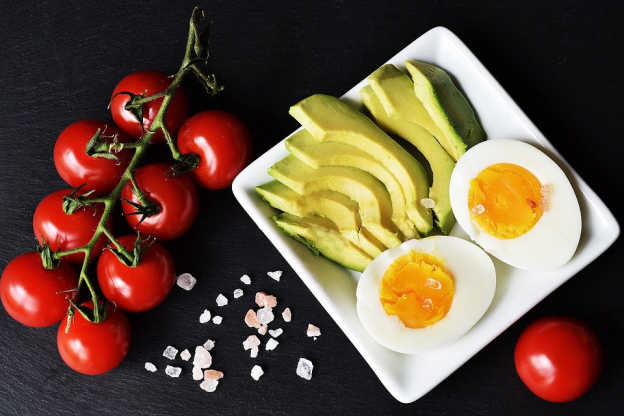
The meaning of “keto”
What is the origin of “keto” of a ketogenic diet? The fact that the diet lets the body produce small fuel molecules referred to as “ketones.” These fuel molecules are a substitute fuel source that the human body uses when blood sugar is less than enough.
When people have very fewer carbs or calories, their liver generates ketones from fat that become a fuel source across the body. The fuel source is vital for the brain.
The human brain is known to consume a great deal of energy day after day, and the brain cannot function on fat. It works on glucose, which is ketones.
The human body on a 14 day keto diet changes its fuel supply and runs mainly on fat and burns fat 24/7. Fat burning can increase considerably with low insulin levels. The reason is that accessing fat stores for burning them off becomes easier. That’s great for people trying to shed weight. However, it has some less evident benefits. Examples are less hunger and a fixed supply of energy. Thus, people can stay alert and focus.
As the human body generates ketones, it goes into a metabolic state that is referred to as ketosis. People can get there the fastest by fasting. The problem is that fasting forever is not possible.
However, the 14 day keto diet causes ketosis and people can have this diet indefinitely. The menu has several of the advantages of fasting, including loss of weight, without long-term fasting.
Some people must not do Keto
Despite the myths surrounding the keto diet, it seems safe for most people. However, some people should take professional advice before starting this diet. They are:
- People who are on medication for diabetes
- People who are taking medicines for high blood pressure
- Moms who are breastfeeding
It is true that the ketogenic diet has a number of proven benefits. Yet, it’s controversial. A key danger is rewarding medications, like diabetes medications. It is possible that the concerned people must adapt to the medications. People who like to do a Keto course must discuss it with their doctor.
14 day keto diet – Things to keep in mind

People who are on a keto diet can have some general foods. The foods to eat are based on net carbs or digestible carbs for every 100 grams. Lower carbs for every 100 grams is usually better. Some keto diet foods include
- Natural fats that include olive oil and butter
- Fish, meat, and seafood
- Cheese and eggs
- Vegetables growing above ground
A key thing to reach ketosis
People should try and not have excessive carbs. They will probably have to limit carb intake to less than 50 grams for a day of net carbs. The best consumption is less than 20 grams. The lesser the number of carbs, the more the effectiveness in reaching ketosis, shedding weight, or bettering type 2 diabetes.
People should try and count carb intake at first. However, people who follow the foods and recipes recommended can continue in keto without counting.
Foods that people on a keto diet should avoid
The foods to not have on the keto diet are:
- Foods that are high in carbs that include sugary and starchy food. Examples of starchy foods are pasta, rice, bread, and potatoes
- People should also not have ultra-processed foods and follow a whole foods keto diet plan instead
- People should also not have low-fat products. The reason is that most low-fat products supply excessive carbs and not sufficient fuel from fat and protein
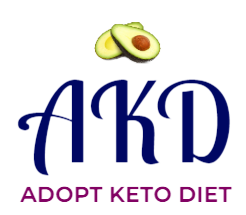
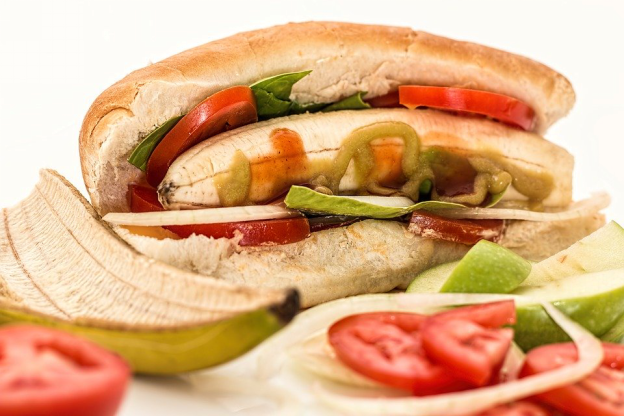
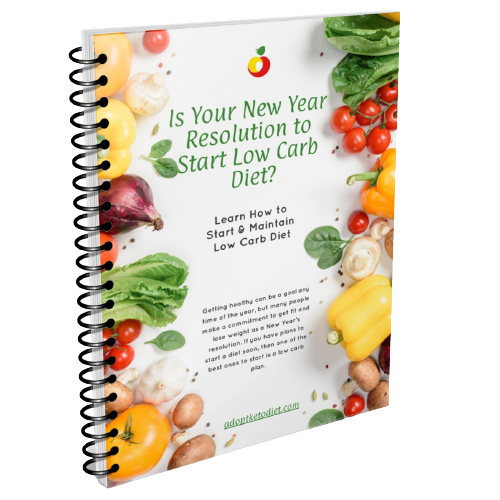
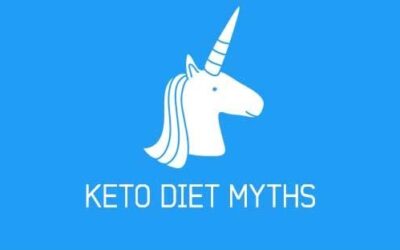
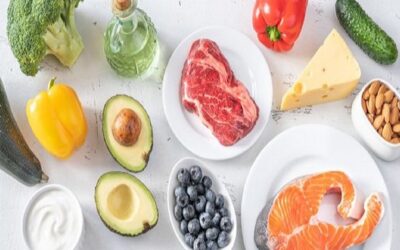
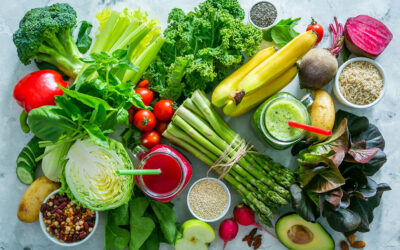
0 Comments